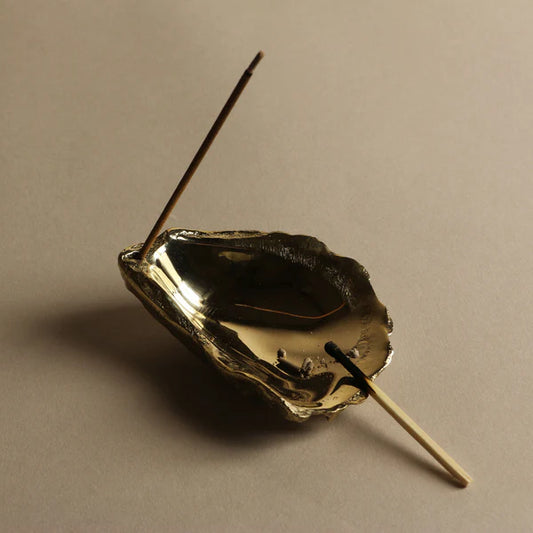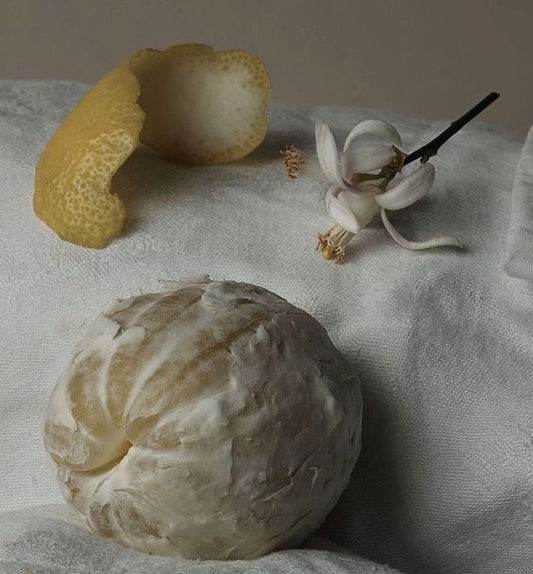When it comes to Mexican spirits, tequila often steals the spotlight. But if you’re a true aficionado or just curious about the rich world of agave-based beverages, you’ve probably heard of mezcal. This smoky, complex spirit is not only a staple of Mexican culture but also a rising star in the global spirits scene. But what exactly is mezcal, and what makes it so unique?
The Essence of Mezcal
Mezcal is a distilled alcoholic beverage made from the agave plant. Unlike tequila, which is made from only one type of agave (Blue Weber agave), mezcal can be produced from over 30 different agave species. This diversity in raw materials contributes to its rich range of flavours, from earthy and smoky to sweet and floral.
The Production Process
The production of mezcal is a traditional art form, often carried out in small, family-run operations known as palencos. Here’s a brief overview of the process:
-
Harvesting: Mezcal production starts with the harvest of mature agave plants. The heart of the plant, known as the piña, is the primary ingredient.
-
Roasting: The piñas are cooked in underground pits lined with hot stones. This roasting process imparts the characteristic smoky flavour to the mezcal. The depth of the pit, the type of wood used, and the duration of roasting can all affect the final taste.
-
Mashing: After roasting, the piñas are crushed to extract the juice. Traditionally, this is done using a large stone wheel called a tahona, which is pulled by a mule or tractor.
-
Fermentation: The juice is then fermented in open-air tanks or pits, often with natural yeasts, which can lead to a range of flavours depending on the environment and the length of fermentation.
-
Distillation: The fermented liquid is distilled, usually twice, in clay or copper stills. This step refines the spirit and enhances its flavour profile.
-
Aging: While some mezcals are enjoyed young and unaged, others may be aged in wooden barrels for several months to years, which can add complexity and smoothness to the final product.
Varieties and Flavours
Mezcal comes in several varieties, each with its unique characteristics:
-
Joven: This is unaged mezcal, showcasing the raw, bold flavors of the agave and the smokiness from the roasting process.
-
Reposado: Aged for a few months, reposado mezcal develops a smoother profile with notes of vanilla and caramel.
-
Añejo: Aged for at least a year, añejo mezcal offers a rich and complex flavour, with deep, woody notes and a more refined texture.
-
Extra Añejo: For those who enjoy a very mature spirit, extra añejo is aged for several years, resulting in an incredibly smooth and nuanced drink.
Mezcal vs. Tequila
While tequila and mezcal share a common ancestor in the agave plant, there are key differences:
-
Agave Type: Tequila is made exclusively from Blue Weber agave, while mezcal can be made from a variety of agave species.
-
Production Method: The traditional roasting of agave in pit ovens gives mezcal its distinctive smoky flavour, whereas tequila is typically produced using more modern methods that don’t impart as much smoke.
-
Flavour Profiles: Mezcal’s flavour range is often more complex and varied due to the different agave species and traditional production methods, while tequila tends to have a cleaner, more straightforward flavour.
Does Mezcal Pair Well with Salt?
One of the intriguing aspects of mezcal is its versatile flavour profile, which allows it to pair beautifully with a variety of accompaniments. Traditionally, mezcal is enjoyed with a side of sal de gusano, a unique Mexican salt made from dried worms, chilies, and salt. This combination not only enhances the smoky notes of the mezcal but also adds an additional layer of flavour complexity.
Sal de gusano, or worm salt, is a traditional accompaniment that complements mezcal’s robust profile. The saltiness and slight heat of the sal de gusano contrast with the mezcal’s smokiness, creating a balanced and harmonious tasting experience. This pairing is deeply rooted in Mexican tradition and is a delightful way to explore the full range of mezcal’s flavours.
For those who prefer a simpler approach, a good quality sea salt can also enhance the tasting experience. A pinch of salt can accentuate the mezcal’s flavours, bringing out its earthy and smoky notes. However, the traditional worm salt offers a more authentic and nuanced pairing that’s well worth trying if you have the opportunity.
Enjoying Mezcal
Mezcal is traditionally enjoyed straight, sipped slowly to appreciate its complex flavours. It can also be used in cocktails to add a smoky depth. Classic cocktails include the Mezcal Margarita, which combines mezcal with lime juice and triple sec, and the Oaxaca Old-Fashioned, which blends mezcal with bourbon for a smoky twist on a classic.
Mezcal is more than just a spirit; it’s a reflection of Mexican heritage and craftsmanship. Its diverse flavours, artisanal production methods, and rich history make it a fascinating choice for those looking to explore beyond tequila.
Whether you’re sipping it neat, pairing it with traditional sal de gusano, or mixing it into your favourite cocktail, mezcal offers a unique taste of Mexico’s rich cultural tapestry. So next time you raise a glass, consider reaching for a mezcal and savour the complexity of this extraordinary spirit, in a saltist glass of course!




